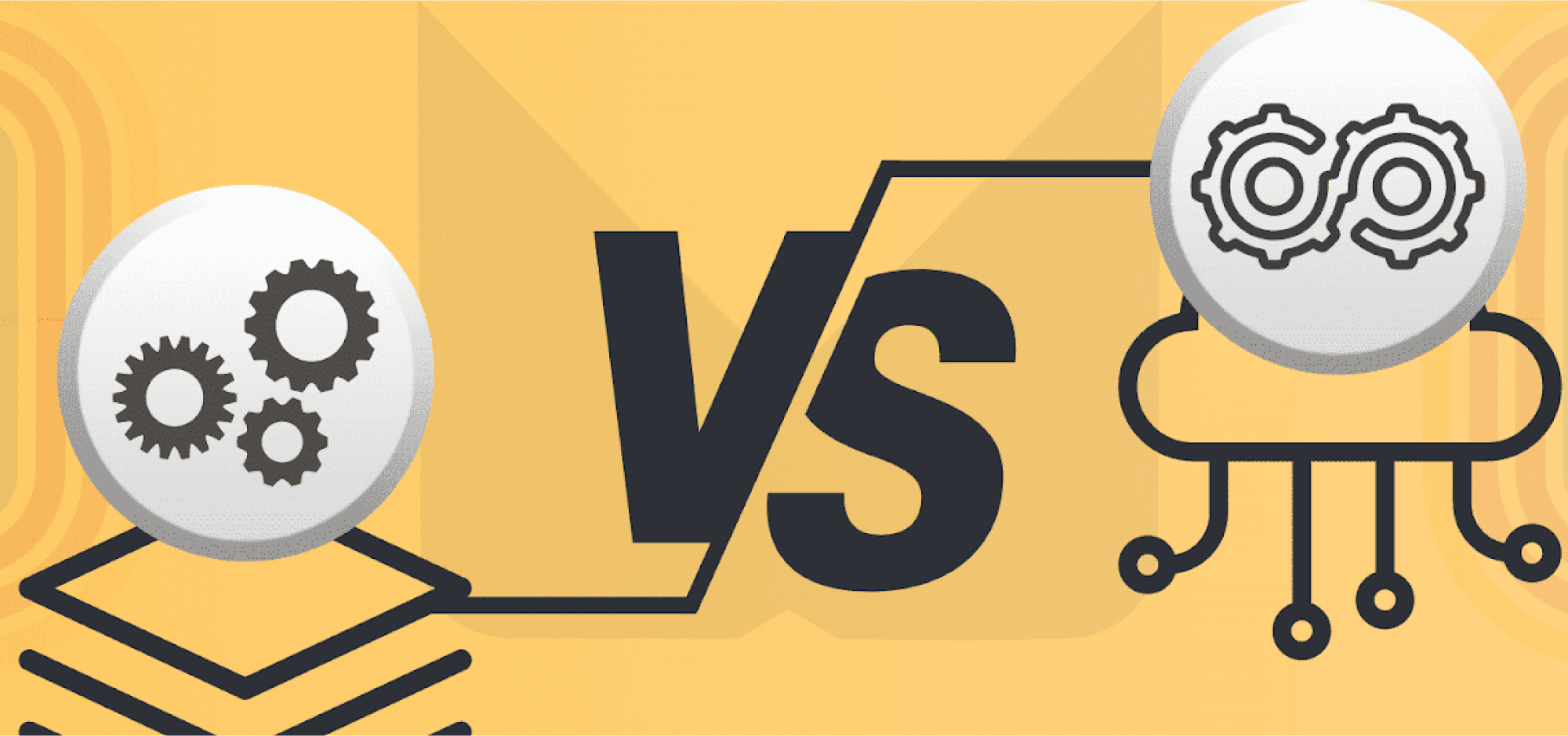Understand the distinction between platform engineering and DevOps. Delve into their definitions, focus areas, responsibilities, and tools, along with their interconnectedness, through this comprehensive guide. Discover how these concepts enhance software development processes and drive collaboration and automation.
Introduction
In the realm of software development and operations, two crucial concepts, platform engineering, and DevOps, play vital roles. Understanding the nuances and disparities between them is essential for navigating the complexities of modern software development. This article elucidates the distinctions between platform engineering and DevOps, shedding light on their definitions, focus areas, responsibilities, tools, and their interplay in fostering efficient software development processes.
What is Platform Engineering vs DevOps?
Platform Engineering vs. DevOps
Platform engineering and DevOps represent intertwined yet distinctive approaches within software development and operations. Let’s dissect their disparities and interconnectedness.
DevOps: Streamlining Software Development
DevOps, short for Development and Operations, revolutionizes software development paradigms through collaboration and automation.
DevOps teams are the backbone of seamless software release cycles. They prioritize:
- Collaboration: DevOps bridges the gap between development and operations teams, fostering seamless communication and collaboration.
- Automation: Automation is pivotal in DevOps practices, reducing manual intervention and enhancing efficiency.
- Proactive Monitoring: DevOps teams employ proactive monitoring tools to detect and address issues before they escalate.
- Optimization: Metrics like deployment frequency and mean time to resolution are optimized under DevOps practices, ensuring continuous improvement.
Platform Engineering: Empowering Developers
Platform engineering revolves around crafting internal platforms tailored to developers’ needs, facilitating streamlined operations.
Key aspects of platform engineering include:
- Centralized Control: Platform engineering centralizes control in dedicated teams, ensuring consistency and security in development tasks.
- Developer Experience: Enhancing developer experience is paramount in platform engineering, promoting productivity and satisfaction.
- Toolchains: Building and maintaining toolchains is a cornerstone of platform engineering, offering developers self-service tools for deployment, monitoring, and security.
- Automation: Platform engineering tools automate infrastructure management, streamlining processes and bolstering efficiency.
Relationship Between DevOps and Platform Engineering
While DevOps and platform engineering pursue distinct objectives, they intersect harmoniously to amplify software development endeavors.
Successful collaboration between DevOps and platform engineering entails:
- Synergy: DevOps and platform engineering synergize to create cohesive, efficient workflows, optimizing productivity.
- Reliability: Through collaboration, they ensure the reliability and consistency of platforms, fostering quality outcomes.
- Enhanced Productivity: Developers benefit from streamlined processes and self-service tools, enhancing productivity and innovation.
FAQs
How do DevOps and platform engineering differ? DevOps emphasizes collaboration and automation across development and operations teams, while platform engineering focuses on crafting internal platforms tailored to developer needs.
What tools are commonly used in DevOps practices? Popular DevOps tools include Jenkins, GitLab, Slack, and JIRA, facilitating seamless collaboration and automation.
What is the primary goal of platform engineering? Platform engineering aims to enhance developer experience by centralizing control, standardizing tasks, and providing self-service tools tailored to developers’ needs.
How do DevOps and platform engineering complement each other? DevOps and platform engineering collaborate to streamline software development processes, ensuring consistency, reliability, and productivity.
Why is automation crucial in both DevOps and platform engineering? Automation reduces manual intervention, enhances efficiency, and promotes consistency, pivotal for optimizing software development workflows.
How can organizations benefit from adopting DevOps and platform engineering practices? By embracing DevOps and platform engineering, organizations can accelerate software delivery, improve collaboration, and foster innovation, driving competitive advantage.
Conclusion
In navigating the intricate landscape of software development and operations, understanding the distinctions between platform engineering and DevOps is paramount. While they differ in focus areas and approaches, their symbiotic relationship fosters efficiency, collaboration, and innovation, propelling organizations towards success in the digital age.

